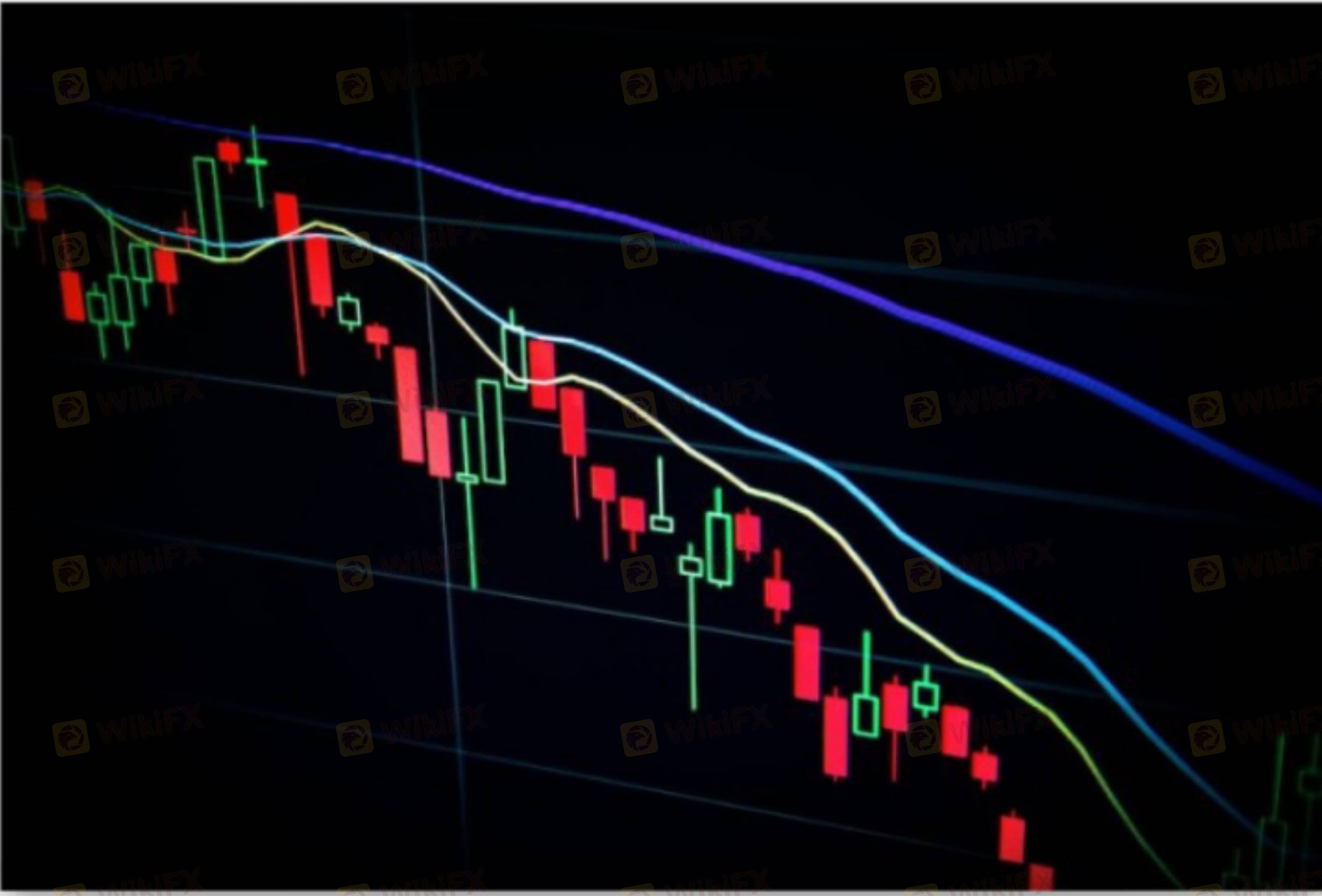
2025-02-13 01:07
IndustryEconomic Impacts of Climate Change Policies
#firstdealofthenewyearastylz
The economic impacts of climate change policies can be complex, affecting various sectors and regions differently. Here’s an overview of the key effects:
1. Positive Economic Impacts
Job Creation: Investments in renewable energy, energy efficiency, and green technologies generate new jobs in sectors like solar, wind, and electric vehicles.
Innovation & Competitiveness: Policies encouraging clean technology drive innovation, leading to new industries and business opportunities.
Long-term Cost Savings: Transitioning to sustainable energy reduces reliance on fossil fuels, lowering long-term energy costs and improving energy security.
Health Benefits: Reduced air pollution from lower fossil fuel use decreases healthcare costs and improves workforce productivity.
2. Negative Economic Impacts
Short-term Job Losses: Fossil fuel industries, including coal, oil, and gas, may face declines, leading to job losses in those sectors.
Higher Costs for Businesses & Consumers: Carbon taxes, emissions regulations, and renewable energy investments may initially increase costs for businesses and consumers.
Infrastructure Transition Costs: Shifting to clean energy requires significant investment in new infrastructure, which can strain government budgets.
3. Sector-Specific Effects
Energy Sector: Fossil fuel industries may decline, while renewable energy and battery storage industries expand.
Agriculture: Climate policies promoting sustainable farming can improve resilience but may increase costs for fertilizers and water use.
Transportation: Policies favoring electric vehicles (EVs) can disrupt traditional automotive industries while creating new supply chains.
Manufacturing: Industries with high emissions may face stricter regulations, leading to increased operational costs but also driving efficiency improvements.
4. Global & Regional Economic Disparities
Developed Countries: More resources to invest in clean energy, but traditional industries may resist rapid change.
Developing Countries: Potentially higher costs in the short term but opportunities to leapfrog to green technologies with international support.
5. Market & Financial Implications
Investment Shifts: Financial markets may favor green investments, while fossil fuel assets risk becoming stranded.
Carbon Pricing: Taxes or cap-and-trade systems impact corporate strategies and consumer behavior.
Like 0

lawal830
Broker
Hot content
Industry
Event-A comment a day,Keep rewards worthy up to$27
Industry
Nigeria Event Giveaway-Win₦5000 Mobilephone Credit
Industry
Nigeria Event Giveaway-Win ₦2500 MobilePhoneCredit
Industry
South Africa Event-Come&Win 240ZAR Phone Credit
Industry
Nigeria Event-Discuss Forex&Win2500NGN PhoneCredit
Industry
[Nigeria Event]Discuss&win 2500 Naira Phone Credit
Forum category

Platform

Exhibition

Agent

Recruitment

EA

Industry

Market

Index
Economic Impacts of Climate Change Policies
 Hong Kong | 2025-02-13 01:07
Hong Kong | 2025-02-13 01:07#firstdealofthenewyearastylz
The economic impacts of climate change policies can be complex, affecting various sectors and regions differently. Here’s an overview of the key effects:
1. Positive Economic Impacts
Job Creation: Investments in renewable energy, energy efficiency, and green technologies generate new jobs in sectors like solar, wind, and electric vehicles.
Innovation & Competitiveness: Policies encouraging clean technology drive innovation, leading to new industries and business opportunities.
Long-term Cost Savings: Transitioning to sustainable energy reduces reliance on fossil fuels, lowering long-term energy costs and improving energy security.
Health Benefits: Reduced air pollution from lower fossil fuel use decreases healthcare costs and improves workforce productivity.
2. Negative Economic Impacts
Short-term Job Losses: Fossil fuel industries, including coal, oil, and gas, may face declines, leading to job losses in those sectors.
Higher Costs for Businesses & Consumers: Carbon taxes, emissions regulations, and renewable energy investments may initially increase costs for businesses and consumers.
Infrastructure Transition Costs: Shifting to clean energy requires significant investment in new infrastructure, which can strain government budgets.
3. Sector-Specific Effects
Energy Sector: Fossil fuel industries may decline, while renewable energy and battery storage industries expand.
Agriculture: Climate policies promoting sustainable farming can improve resilience but may increase costs for fertilizers and water use.
Transportation: Policies favoring electric vehicles (EVs) can disrupt traditional automotive industries while creating new supply chains.
Manufacturing: Industries with high emissions may face stricter regulations, leading to increased operational costs but also driving efficiency improvements.
4. Global & Regional Economic Disparities
Developed Countries: More resources to invest in clean energy, but traditional industries may resist rapid change.
Developing Countries: Potentially higher costs in the short term but opportunities to leapfrog to green technologies with international support.
5. Market & Financial Implications
Investment Shifts: Financial markets may favor green investments, while fossil fuel assets risk becoming stranded.
Carbon Pricing: Taxes or cap-and-trade systems impact corporate strategies and consumer behavior.
Like 0
I want to comment, too
Submit
0Comments

There is no comment yet. Make the first one.

Submit
There is no comment yet. Make the first one.